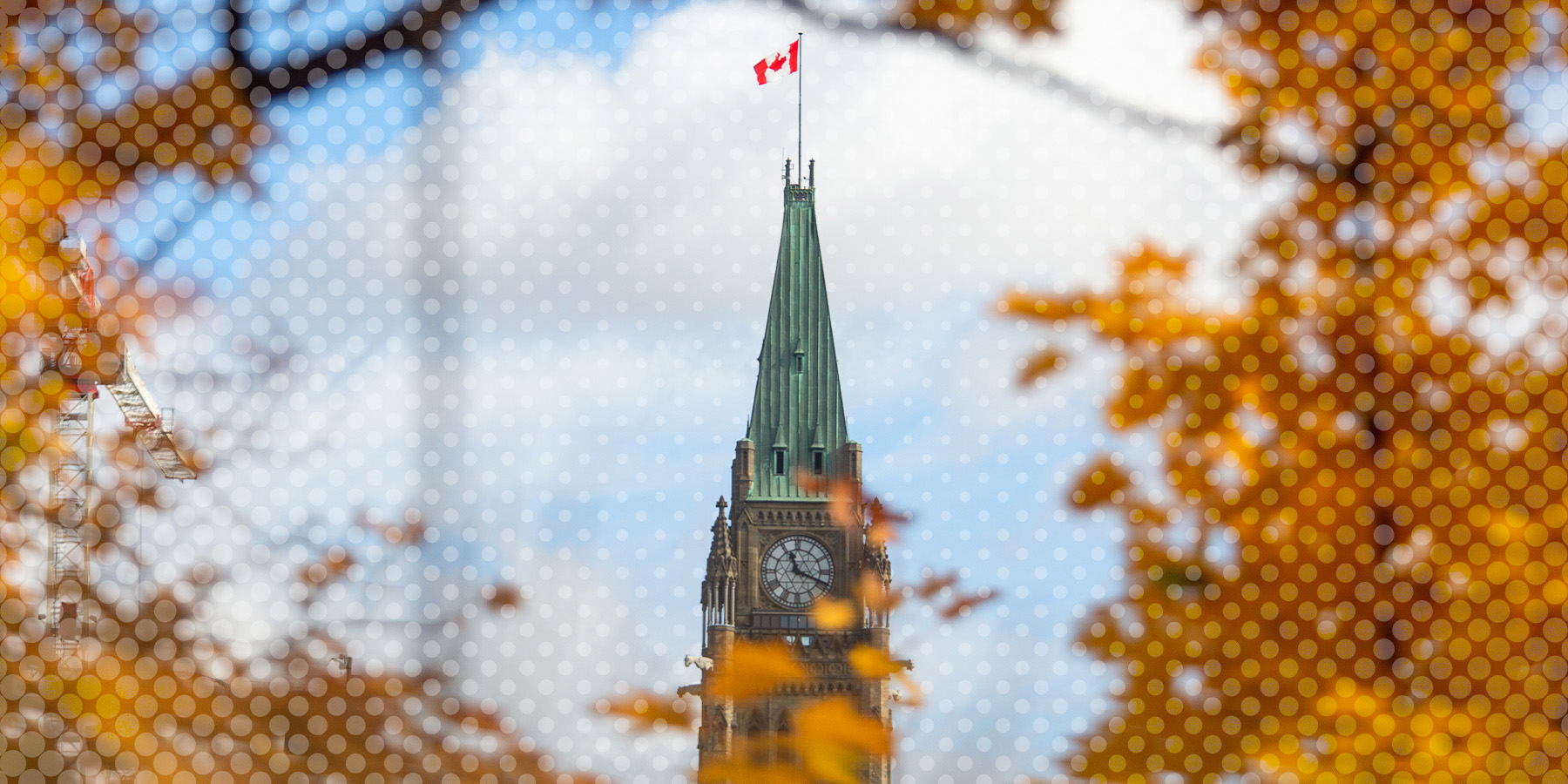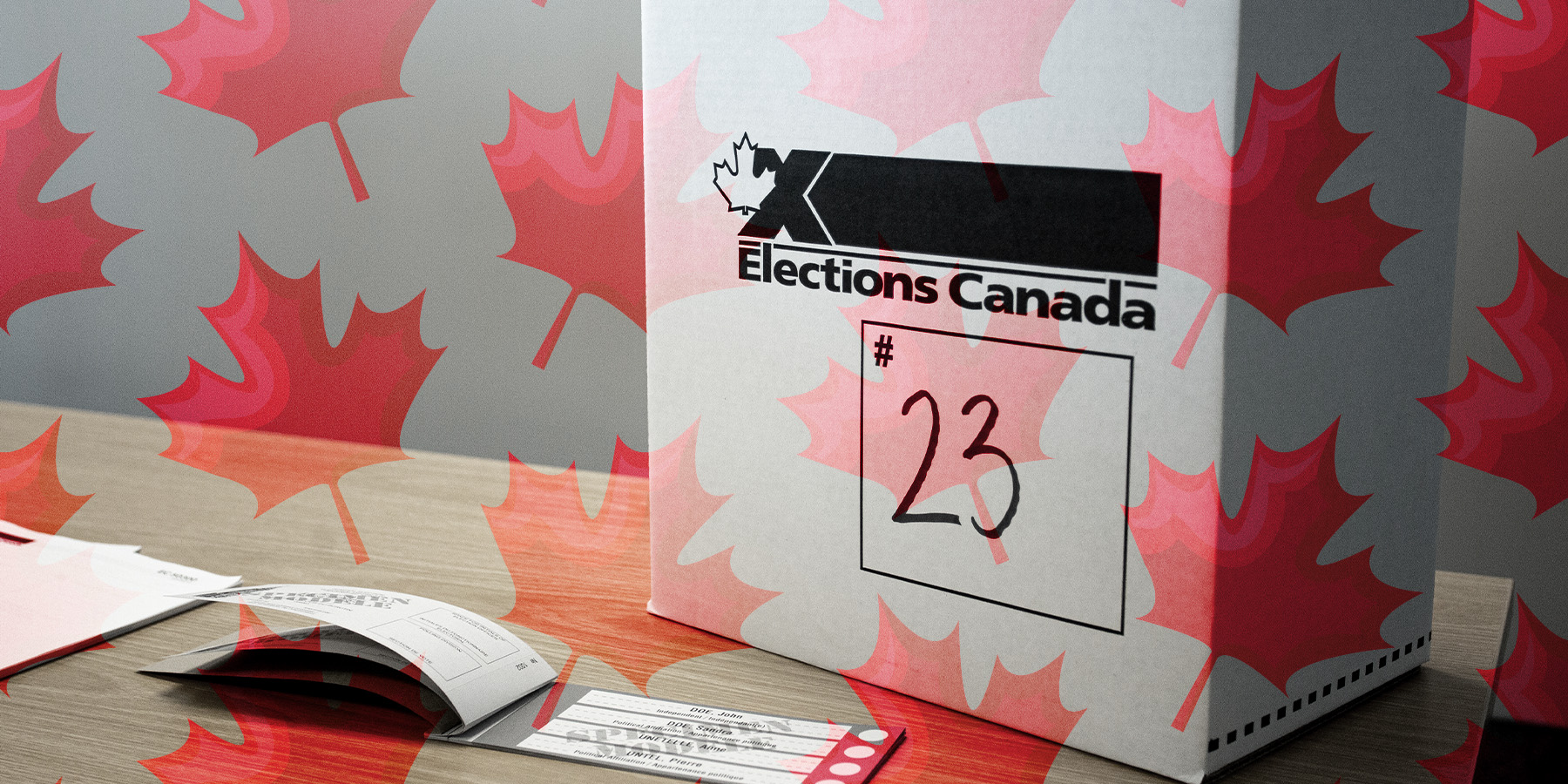

Four cyber bills dead on the order paper as Parliament prorogued
Regulatory | | January 10, 2025
When Governor General Mary Simon prorogued Parliament on Jan. 6 following Prime Minister Justin Trudeau’s announcement that he will be resigning, all legislation before the House of Commons and the Senate ceased to exist. Three government bills and one private member’s bill dealing with cyber matters were among the casualties.
This content is available to wirereport.ca subscribers
Already a subscriber? Sign in here
Unlock all the Canadian telecom, broadcasting and digital media news you need.
Take a free trial or subscribe to The Wire Report now.
FREE TRIAL
Two weeks of free access to thewirereport.ca and our exclusive newsletters.
SUBSCRIBE
Unlimited access to thewirereport.ca and our exlusive newsletters.



